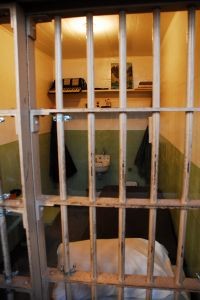When submitting a Form 1 to the ATF for a SBR or SBS with multiple barrel lengths, the ATF will no longer accept a Form 1 with multiple barrel lengths. It is recommended that you submit the ATF Form 1 (5320.1) with a single barrel length for approval. Follow this link for more information on how to fill out an ATF form1 (5320.1).
If you have additional calibers you want to list you should attach additional configurations in a letter attached to your Form 1 stating the caliber, barrel length, and overall length as related to the firearm listed on the Form 1.
Previously ATF accepted them by being listed in 4h on the Form 1 but no longer accepts this.
 NFA Gun Trust Lawyer Blog
NFA Gun Trust Lawyer Blog



